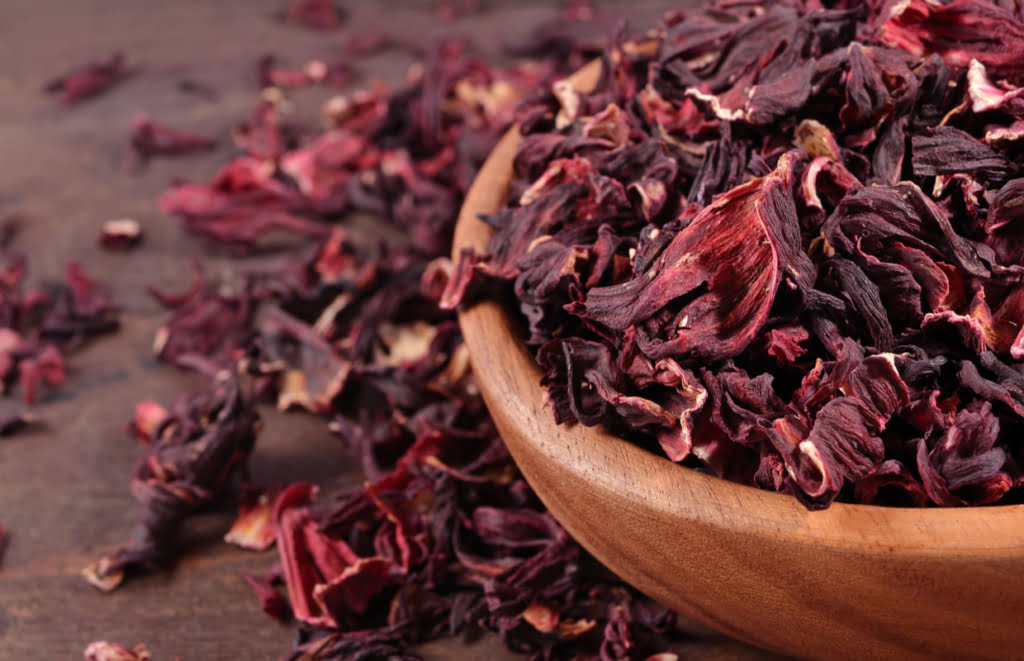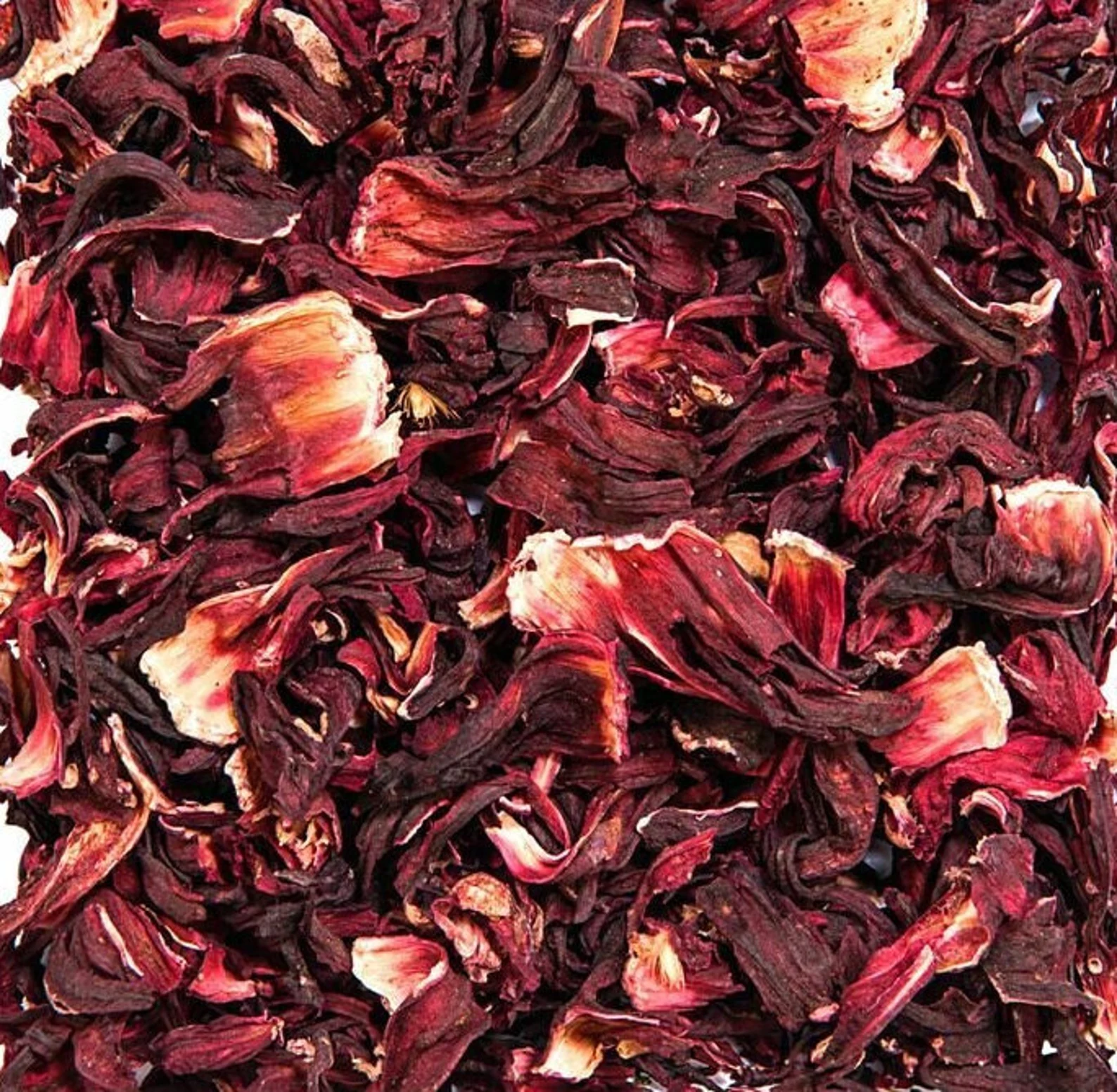Dried hibiscus, known for its vibrant color and tangy flavor, is more than just an ingredient for teas and infusions. Across various cultures worldwide, this humble flower holds a profound place in traditional ceremonies and festivals. Let’s explore the cultural significance of dried hibiscus and why it continues to be a cherished component in celebrations, rituals, and communal gatherings around the globe.
A Symbol of Unity and Celebration in Africa
In many African countries, dried hibiscus, or zobo in Nigeria and karkade in Sudan, plays a central role in celebrations and ceremonies. In West Africa, particularly in Nigeria, hibiscus drinks are popular during weddings, naming ceremonies, and religious festivities. The deep red color of the hibiscus tea symbolizes life, vitality, and new beginnings, making it a fitting beverage for joyous occasions.
In Egypt and Sudan, hibiscus drinks are often served at the conclusion of prayers during Ramadan. The drink’s cooling properties offer a refreshing end to a day of fasting. Moreover, dried hibiscus is also used to make a popular beverage served at weddings, marking it as a drink of love, celebration, and togetherness.
A Festive Staple in the Caribbean
In the Caribbean, dried hibiscus flowers are known as “sorrel.” During Christmas, making sorrel drinks is a beloved tradition across many islands. Families gather to prepare this drink, combining dried hibiscus with ginger, cinnamon, and other spices. Sorrel represents the warmth and spirit of the festive season, and its preparation often brings families and communities together.
This vibrant drink is more than just a refreshment; it’s a symbol of Caribbean heritage and hospitality. Serving sorrel during holiday festivities is a gesture of warmth and welcome, embodying the island spirit of sharing and joy.

Sacred and Ceremonial in Indian Culture
In India, hibiscus flowers have a dual role—both in their fresh and dried forms. Fresh hibiscus flowers are often used in offerings and decorations during Hindu rituals, but dried hibiscus has found its place in Ayurvedic practices and traditional ceremonies. In some regions, dried hibiscus petals are used to make herbal infusions that are offered to deities during worship. These infusions are believed to purify the mind and soul, creating a sacred connection with the divine.
Furthermore, dried hibiscus is sometimes added to traditional herbal remedies and tonics used in festivals and ceremonies, enhancing its reputation as a plant of healing and spiritual significance.
A Festive Delight in Latin America
In Latin American countries, particularly in Mexico, dried hibiscus flowers are used to prepare “agua de Jamaica,” a popular festive drink served during holidays and family gatherings. The drink is often flavored with sugar, cinnamon, and cloves, giving it a unique taste that is loved by many.
Agua de Jamaica is a staple at festivals, from Independence Day celebrations to Christmas and New Year festivities. The drink’s bright red hue is synonymous with celebration and passion, reflecting the vibrant culture and festive spirit of Latin America.
Modern-Day Revival and Global Recognition
While dried hibiscus holds traditional significance, it has also gained popularity in modern times due to its health benefits and versatility. It is now widely used in wellness practices, from detox teas to skincare products, across different cultures. As people become more health-conscious, dried hibiscus is celebrated not only for its cultural significance but also for its numerous benefits.
At Ajigofarms, we recognize the rich heritage and cultural significance of dried hibiscus. We are proud to offer high-quality dried hibiscus sourced from the best farms worldwide, ensuring that this vibrant and symbolic flower reaches every corner of the globe. Whether for traditional ceremonies, festive celebrations, or simply to enjoy its refreshing flavor, dried hibiscus continues to bring people together, connecting cultures and traditions across generations.
Conclusion
Dried hibiscus is more than just a versatile ingredient; it is a symbol of unity, celebration, and cultural heritage. From Africa to the Caribbean, India to Latin America, this humble flower plays an essential role in bringing communities together in joy and reverence. At Ajigofarms, we are committed to sharing this rich tradition with the world, one petal at a time.




